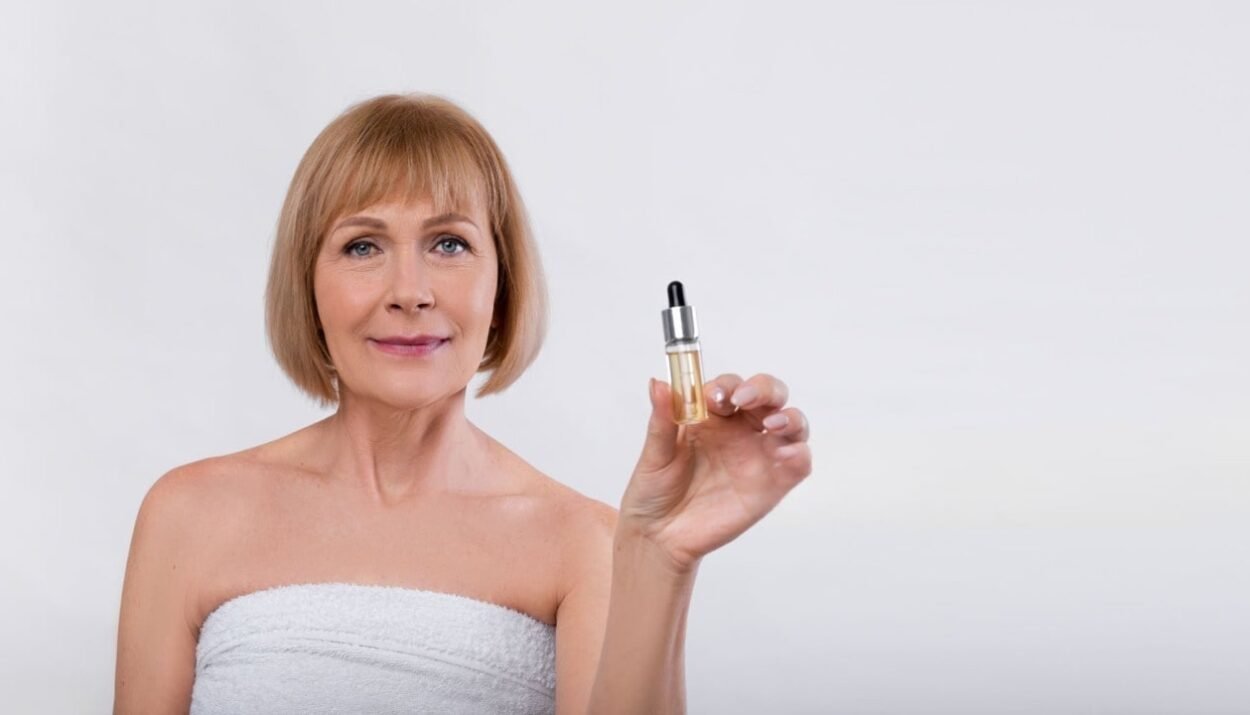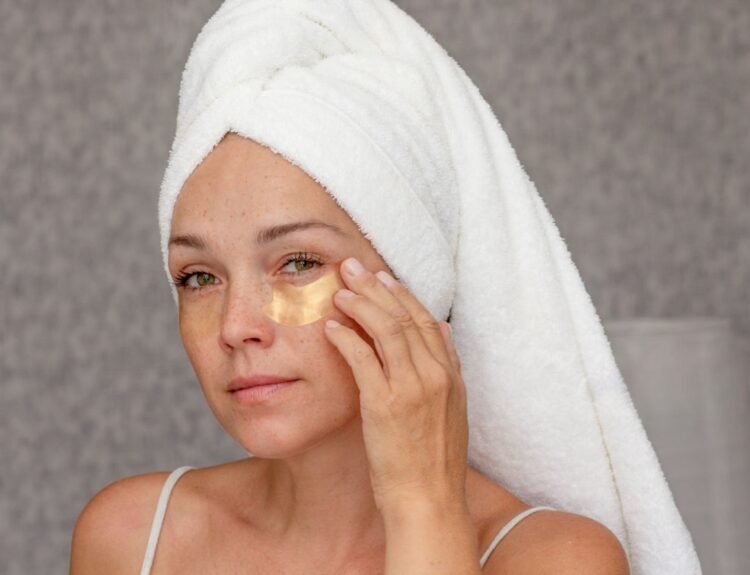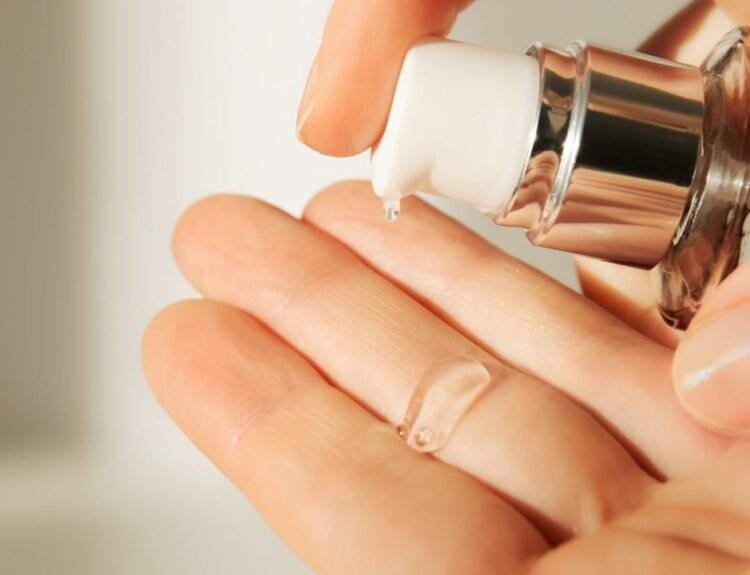Aging is a natural process, but taking proactive steps for skin health can make a big difference in how gracefully you age. One of the most common questions in skincare is: “When should I start using an anti-aging serum?” The answer depends on your skin type, lifestyle, and specific concerns, but starting at the right time ensures the best long-term results.
In this article, we’ll explore the ideal age to begin using anti-aging serums, what ingredients to look for, how to apply them correctly, and common mistakes to avoid—so you can keep your skin radiant, healthy, and youthful for years to come.
Why Anti-Aging Serums Matter
Unlike regular moisturizers, serums are lightweight formulations packed with a high concentration of active ingredients such as antioxidants, peptides, retinol, and hyaluronic acid. These penetrate deeper into the skin, targeting issues like:
- Fine lines and wrinkles
- Uneven skin tone
- Loss of firmness and elasticity
- Dullness and dehydration
- Sun damage and free radical stress
By incorporating a serum into your skincare routine early, you help your skin prevent and repair visible signs of aging before they become pronounced.
What Age Should You Start Using Anti-Aging Serum?
There isn’t a single “perfect age” to begin, but most dermatologists recommend starting in your mid-to-late 20s or early 30s. Let’s break it down by age group:
In Your 20s: Prevention is Key
- Collagen and elastin are still strong in your skin.
- External factors like UV rays, pollution, and stress begin causing damage.
- Starting with antioxidant-based serums (Vitamin C, niacinamide) helps fight early oxidative stress.
Best for: Prevention of premature fine lines and maintaining skin glow.
In Your 30s: Early Correction
- Early fine lines around the eyes and mouth may appear.
- Collagen production begins to decline.
- Incorporating retinol, peptides, and hydrating serums helps improve elasticity.
Best for: Reducing first signs of wrinkles and improving skin texture.
In Your 40s and Beyond: Active Repair
- Wrinkles, sagging skin, and pigmentation become more visible.
- A combination of retinol, hyaluronic acid, peptides, and growth factors works best.
- Consistency is crucial for visible improvement.
Best for: Repairing damage, firming skin, and boosting hydration.
Signs That Indicate You Should Start Using a Serum
Even more than age, your skin’s condition tells you when it’s time. Consider starting an anti-aging serum if you notice:
- Persistent dullness or dryness
- Fine lines around the eyes or forehead
- Uneven skin tone or dark spots
- Loss of firmness
- Rough skin texture
These are early indicators that your skin needs targeted nourishment beyond moisturizers.
Key Ingredients in Anti-Aging Serums
When choosing the right serum, always look at the ingredient list. Some of the most effective anti-aging ingredients include:
1. Retinol (Vitamin A)
- Boosts cell turnover
- Reduces fine lines and wrinkles
- Improves skin tone and texture
2. Vitamin C
- Powerful antioxidant
- Brightens skin and fades dark spots
- Protects against environmental stress
3. Hyaluronic Acid
- Provides deep hydration
- Plumps skin for a youthful appearance
4. Peptides
- Stimulate collagen production
- Improve firmness and elasticity
5. Niacinamide (Vitamin B3)
- Reduces redness and inflammation
- Strengthens the skin barrier
6. Alpha Hydroxy Acids (AHAs)
- Exfoliate dead skin cells
- Smooth fine lines and uneven texture
How to Use Anti-Aging Serum Correctly
Using a serum the right way ensures maximum benefits. Follow these steps:
- Cleanse your face to remove dirt and oil.
- Apply toner (optional) to balance skin pH.
- Use 2–3 drops of serum and gently pat onto skin.
- Follow with moisturizer to lock in hydration.
- Always apply sunscreen in the morning to prevent sun damage.
Pro Tip: Start slowly with potent ingredients like retinol (2–3 times a week) to avoid irritation.
Lifestyle Habits That Enhance Results
Skincare products work best when combined with healthy habits. To support your serum routine:
- Stay hydrated to maintain skin elasticity
- Eat antioxidant-rich foods like berries, nuts, and leafy greens
- Get enough sleep to allow skin repair
- Avoid smoking and excessive alcohol which accelerate aging
- Use sunscreen daily to protect collagen from UV damage
Final Thoughts
The best time to start using an anti-aging serum depends on your age, lifestyle, and skin needs, but it’s never too early to take care of your skin. Starting preventive care in your 20s or early 30s helps maintain youthful skin, while serums in your 40s and beyond provide essential repair and hydration.
With consistent use, the right ingredients, and supportive lifestyle habits, an anti-aging serum can be your most powerful skincare ally for radiant, youthful-looking skin.








